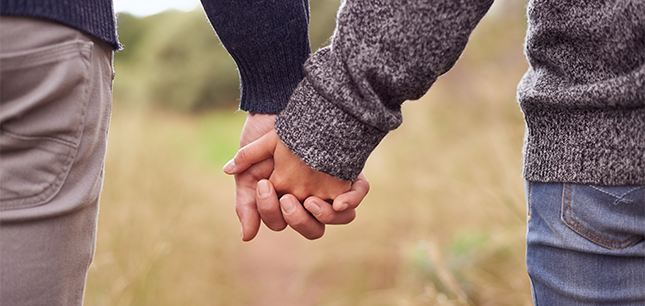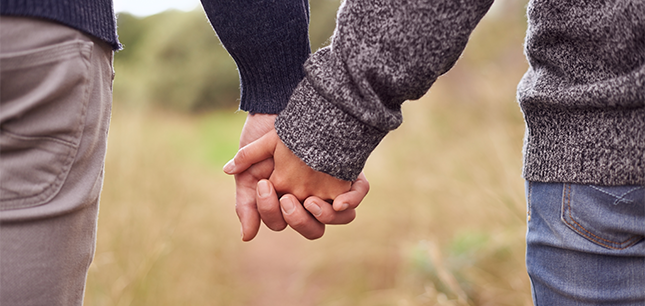Connection Point: What’s love got to do with it?


This post in part of an ongoing series called Connection Point. Featuring content written by the professors and licensed counseling professionals in our graduate counseling program, these posts are designed to inform and encourage our readers as they strive for total health—mind, body and soul.
Although individuals cannot love another too much, they can take too much ownership over another’s life in the name of “love”—assuming that role in another’s life is destructive for both persons involved. Human beings are responsible to others—but not for them. Persons have to be careful and clear about not taking responsibility and ownership of others’ feelings and actions.
For instance, if a verbally abusive husband blames his wife because “She made me angry,” he is making her responsible for his behavior. If she accepts that blame, she feels bad, tries to be a better wife, and works hard to be non-provoking. She takes responsibility for his bad behavior, and her acceptance of that blame totally consumes her efforts and emotions—when the problem belonged to him. She made the mistake that many make: Her love enabled his bad behavior to continue.
Love confronts. If I love my husband, and he hurts me, it’s my responsibility to tell him. If I ignore my hurt, I rob him of two things: the knowledge of who I truly am and the opportunity to repair the hurt, state his true intentions and restore the relationship.
Love involves releasing one’s hold. One of the most freeing relational concepts is that no one can control another’s decisions. You can influence the other person, but that person is free to do as he or she pleases.
Sometimes love means knowing when it’s time to let someone go and do what he or she is going to do. Accepting reality and giving up trying to control another’s life are acts of love. Giving up trying to force someone to do something different is freedom for both persons involved. It is accepting the freedom the other person already has.
Love requires establishing boundaries. All persons need boundaries for protection and for helping others take responsibility for their actions and emotions. Loving people do not enable or help others to be stupid or evil; in fact, they do not put up with stupid or evil behaviors. Tolerating bad behavior is never helpful. True love confronts, limits, and even quarantines people who consistently make wrong choices. All persons have had toxic people in their lives whose behavior is hurtful, but doing what’s best for those people will almost always mean setting boundaries for oneself and setting those boundaries with kindness.
Let me illustrate how one can use a kind approach—a loving approach—to set healthy boundaries. Rachael’s mom often made harsh comments that made Rachael feel worthless. After Rachael moved away and learned to set boundaries lovingly, she confronted her mom and told her how hurtful her comments during their phone conversations were. She requested that her mom be more sensitive and explained that if her mother forgot, Rachel would remind her and then curtail the call if the hurtful comments continued. Rachael now continues to state her love and to call her mom as before—she simply does not allow the hurt anymore. Rachael’s loving actions are helping her, her mom and their relationship.
*Jan Harvey, a marriage and family therapist, practices in Brentwood, Tenn. She previously served as the clinical coordinator of the Graduate Counseling Program at Trevecca Nazarene University.
This article originally appeared in Nashville Christian Family magazine.
